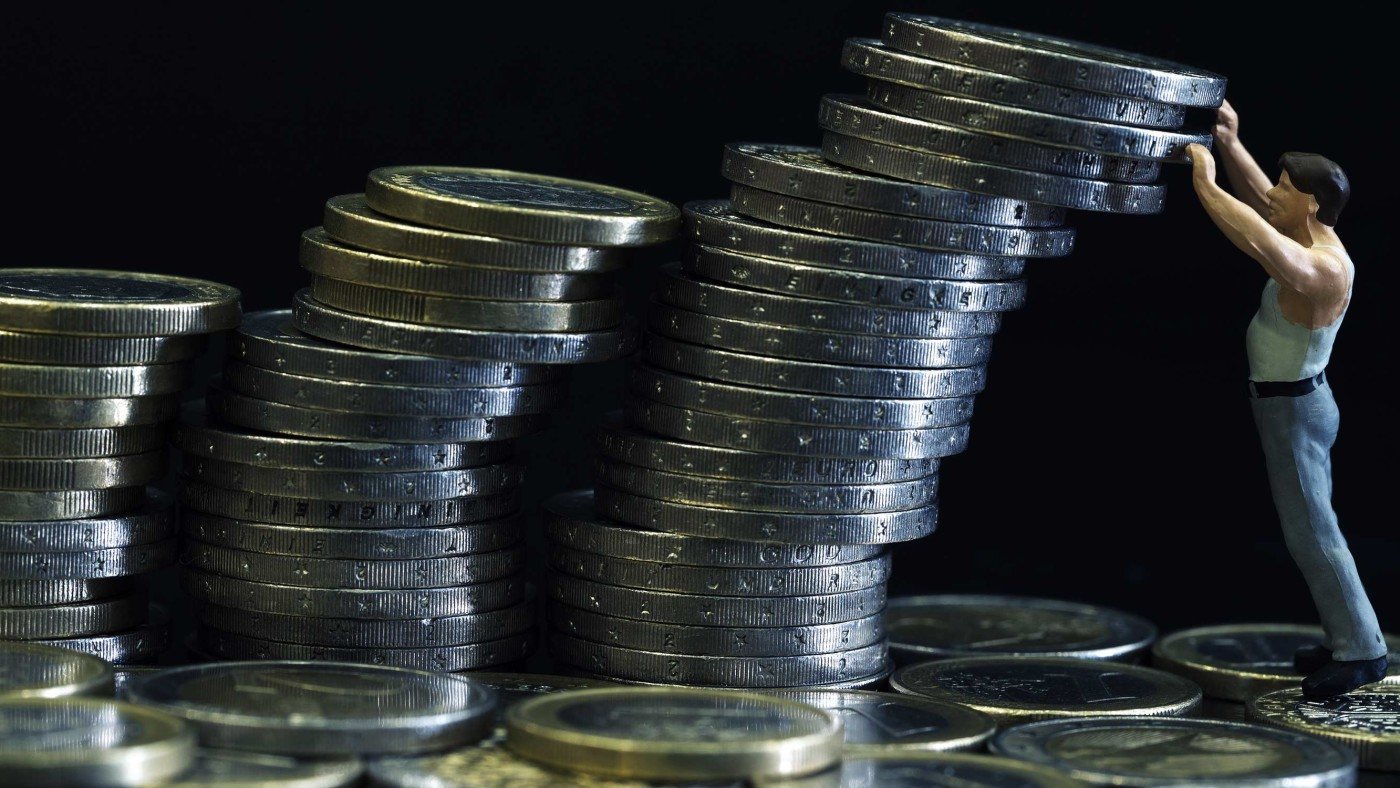In recent months the media have begun to discuss the cashless economy, which does not use physical cash but only credit cards or other forms of electronic payment (e.g. PayPal).
It seems that the inconspicuous but intense war against cash is taking place gradually – cash transfers are being limited step by step in most of the Western countries, including Slovakia, which currently applies the limit of €5,000 for companies and €15,000 for individuals. Central banks and governments, whether in democratic Scandinavian countries or absolute monarchies like Saudi Arabia, have published reports on the benefits of the cashless financial system or have directly prepared the changeover scenarios. Leading financial journals have issued celebratory comments. There is no lack of esteemed economists excitingly talking about getting rid of cash, and standing in the background there is always a card company with an analysis about how many tens of billion would be saved by eliminating of cash (and using their cards instead).
There are three arguments for the cashless economy: crime (terrorists and drug cartels will allegedly have a more difficult life sending money via banks), the shadow economy (getting your car fixed without a taxable bill will be harder), and empowering monetary policy tools (people and companies will not cram money from the quantitative easing into their mattresses but supposedly spend it in the economy).
However, don’t forget that the cashless economy carries a number of fundamental risks for people:
1. By transferring all of your financial life to a bank account you practically lose full control. For example, a trivial administrative mistake during the process of distraint could lead almost immediately to legal problems, regardless of your income and reserves. Recently, a man in Slovakia had all his accounts blocked for several weeks after a name was incorrectly typed by a court distrainor.
2. Your money becomes a prisoner of the financial system. Money in banks is never “stored” but always loaned. You (the depositor) are the bank creditor. The cashless economy does not give you the option to get away with at least a part of your financial assets in the event of a possible collapse of that particular bank or the entire banking system. In the developed world alone, the reality of this risk has been felt by people in Cyprus, Bulgaria and Greece during the last few years.
3. Your privacy is in the hands of others. Do you think that your data will be safe under the lock of state bureaucracy? Slovakia is currently going through a scandal, after the prime minister used the (presumably confidential) tax data of an opposition leader against him during the election campaign. In a cashless society, every cashless purchase can be used against you.
4. You cannot escape monetary experiments. Millions of people in Venezuela are now struggling with hyperinflation, relying on the paper dollar as a safe haven. In the pure electronic money system the Keynesian scientists will not have a problem expanding their experiments on everybody. For example, the negative interest rate, so far valid only for banks, may be transmitted to ordinary people as well. Do you want to save money instead of spending? In the cashless economy the decision is not up to you.
5. Any transaction may become subject to tax. The shadow economy is not a spook. It is the neighbour who babysits your children, the cousin who tiles your bathroom, or your son‘s pocket money. The cashless economy will allow the government to claim a share of any financial transaction between people.
Getting rid of cash means handing over a whole aspect of human life, a dimension of interaction of human society, into the hands of the financial system and politicians. Yet somehow, you will not find the cost of this step in any of the cost-benefit analyses of cashless societies prepared by central banks or financial institutions.
This article was first published in Slovakian. It was translated by Peter Adamovský.


